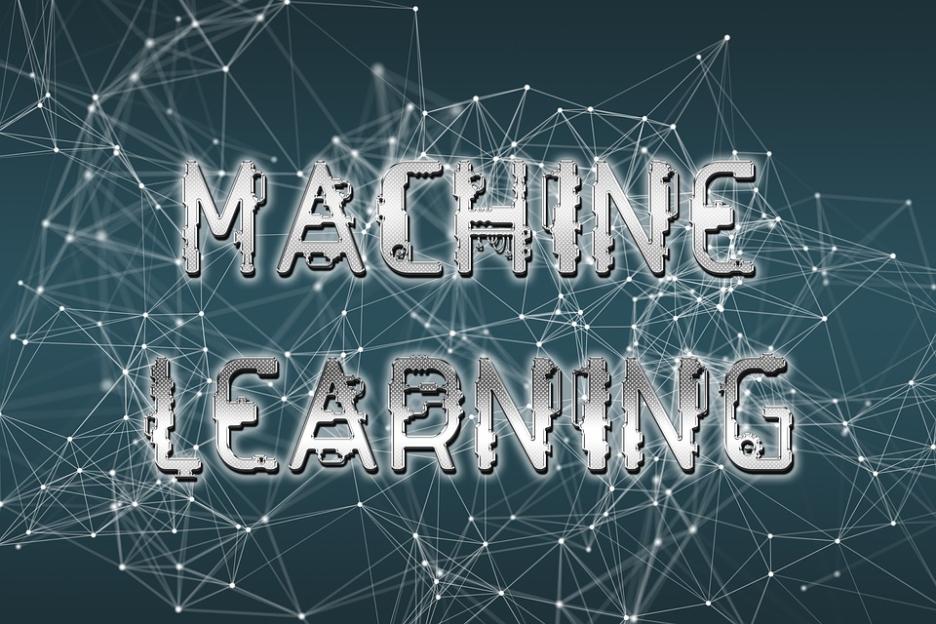What Is the Future of Reinforcement Learning?
Reinforcement learning (RL) is a subfield of machine learning that enables agents to learn how to behave in an environment by interacting with it and receiving rewards or punishments for their actions. RL has gained significant attention in recent years due to its potential to solve complex problems in various domains, including robotics, game playing, and resource allocation.

Current State Of Reinforcement Learning
RL has witnessed remarkable progress in recent years, with advancements in algorithms, techniques, and applications. Notable achievements include:
- Deep Reinforcement Learning (DRL): The integration of deep neural networks with RL has led to breakthroughs in complex tasks, such as playing Atari games and defeating human players in Go.
- Policy Gradient Methods: Policy gradient methods, such as REINFORCE and actor-critic methods, have become popular for their efficiency in learning policies directly from experience.
- Model-Based RL: Model-based RL algorithms, which learn a model of the environment to plan and make decisions, have shown promise in addressing challenges such as sample complexity and long-term planning.
Real-world applications of RL include:
- Robotics: RL is used to train robots to perform complex tasks, such as navigation, manipulation, and object recognition.
- Game Playing: RL agents have achieved superhuman performance in various games, including chess, poker, and StarCraft.
- Resource Allocation: RL is applied in resource allocation problems, such as network routing and energy management, to optimize resource utilization.
Challenges And Limitations Of Reinforcement Learning
Despite the advancements, RL still faces several challenges and limitations that hinder its widespread adoption:
- Data Efficiency: RL algorithms often require large amounts of data to learn effectively, which can be costly and time-consuming to collect.
- Sample Complexity: RL algorithms can be sample-inefficient, meaning they require many interactions with the environment to learn a good policy.
- Scalability: RL algorithms often struggle to scale to large and complex environments, making them challenging to apply to real-world problems.
- Handling Complex Environments: RL algorithms may struggle to handle environments with partial observability, non-Markovian dynamics, and long-term dependencies.
- Long-Term Planning: RL algorithms often have difficulty planning over long horizons, which can lead to suboptimal decision-making in complex tasks.
Future Directions And Opportunities In Reinforcement Learning

Despite the challenges, RL holds immense potential for future advancements and applications:
- Integration with Other Fields: The integration of RL with other fields, such as natural language processing and computer vision, can lead to the development of more intelligent and versatile RL agents.
- Novel RL Algorithms and Architectures: The development of novel RL algorithms and architectures, such as hierarchical RL and multi-agent RL, can address challenges related to scalability and long-term planning.
- Improved Sample Efficiency: Research on improving the sample efficiency of RL algorithms can reduce the amount of data required for learning, making RL more practical for real-world applications.
- Handling Complex Environments: Advances in RL algorithms and techniques can enable RL agents to handle complex environments with partial observability, non-Markovian dynamics, and long-term dependencies.
Ethical Considerations And Societal Impact Of Reinforcement Learning
As RL continues to advance, it is crucial to consider its ethical implications and potential societal impacts:
- Bias and Fairness: RL algorithms can inherit biases from the data they are trained on, leading to unfair or discriminatory outcomes. It is essential to address these biases to ensure the responsible and ethical use of RL.
- Transparency and Explainability: RL systems can be complex and difficult to understand, making it challenging to hold them accountable for their decisions. Developing methods for explaining and interpreting RL decisions is crucial for building trust and confidence in RL systems.
- Safety and Security: RL agents operating in real-world environments must be safe and secure. Research on safe RL algorithms and techniques is essential to prevent RL agents from causing harm or being exploited.
Reinforcement learning has made significant strides in recent years, demonstrating its potential to solve complex problems in various domains. However, challenges remain in terms of data efficiency, sample complexity, scalability, and handling complex environments. As research continues to address these challenges, RL holds immense promise for revolutionizing industries and shaping future technologies. It is crucial to consider the ethical implications and societal impact of RL to ensure its responsible and beneficial development.
YesNo

Leave a Reply